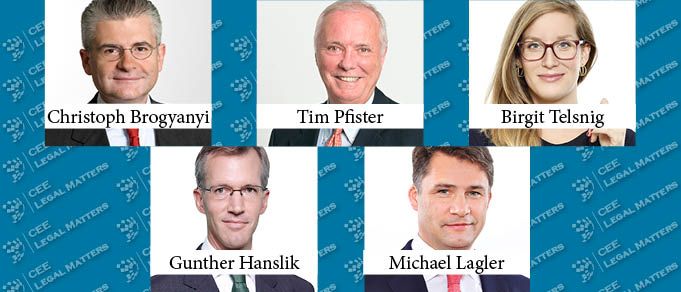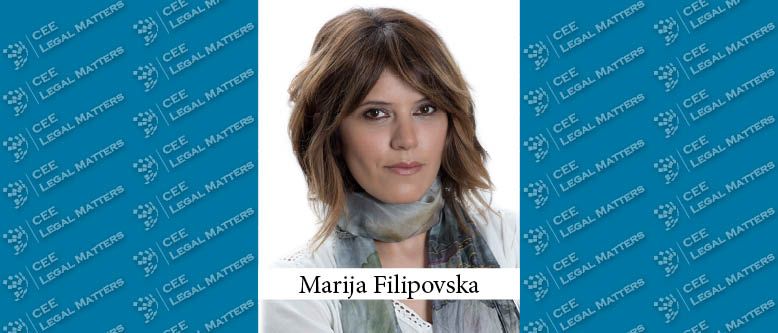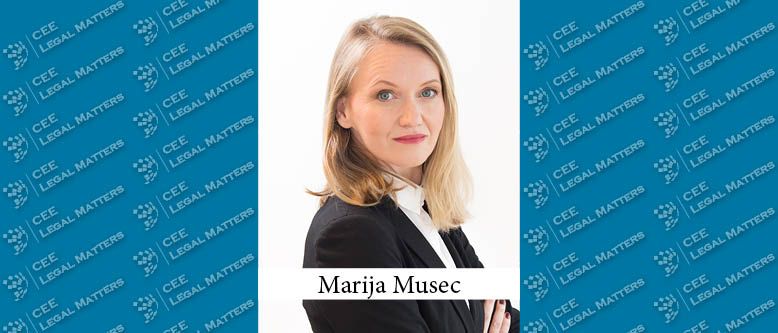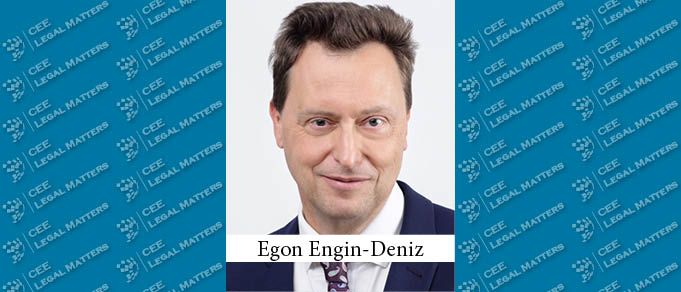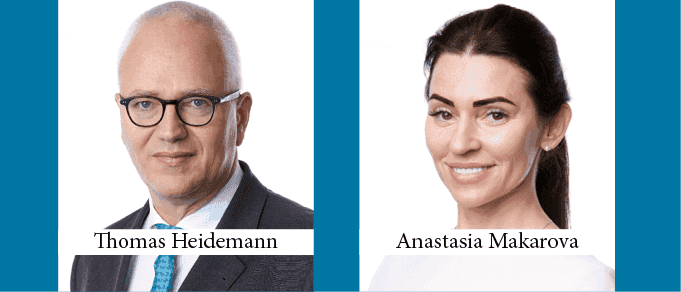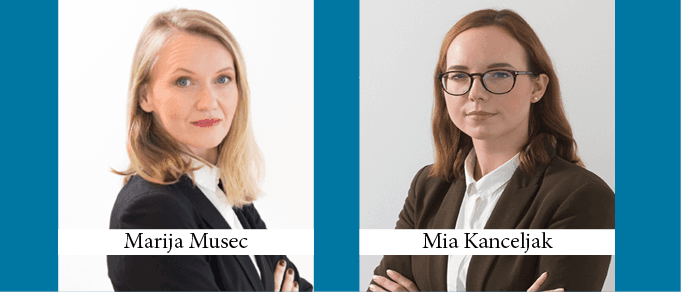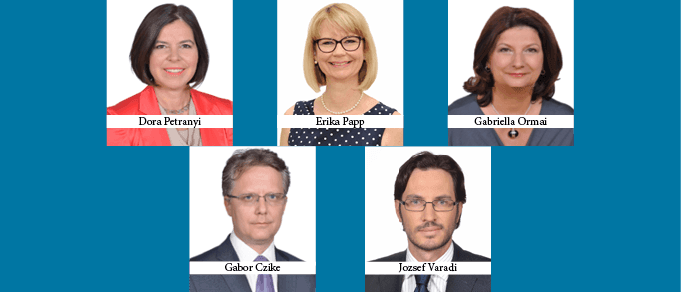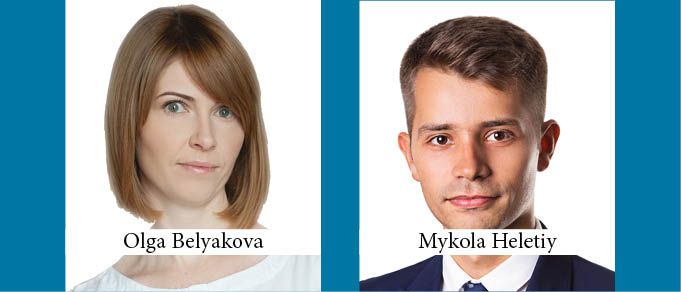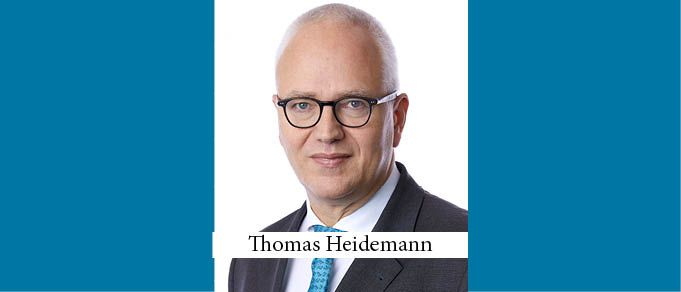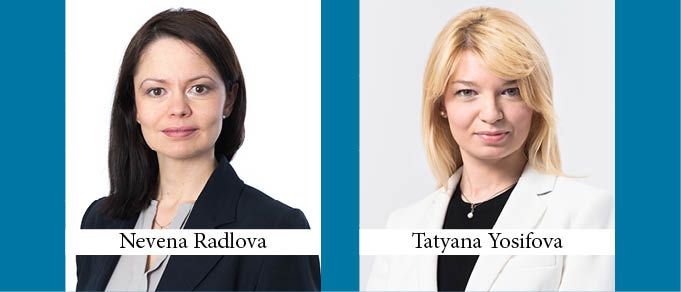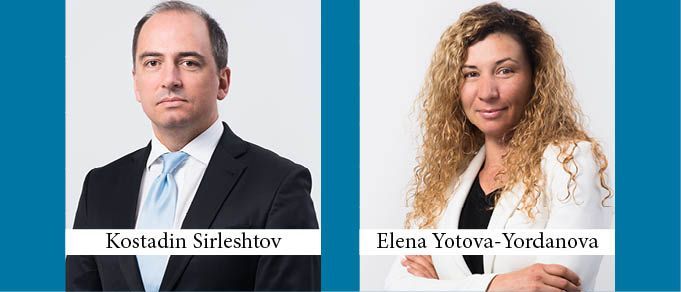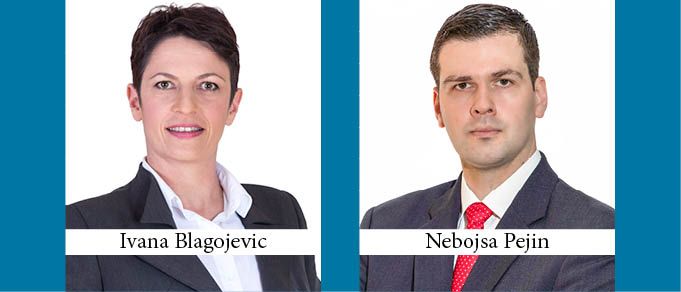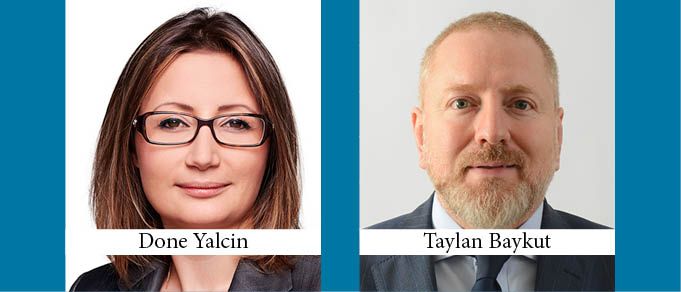How do law firms in Austria promote themselves to current and prospective employees? A series of conversations with several leading firms revealed more than expected.
New Law on Phytopharmacy in North Macedonia
It is no secret that North Macedonia is facing the issue of usage of products for plant protection which often fail to meet legal standards. Namely, Macedonian manufacturers producing agricultural products for human and animal nutrition often use unauthorized products which fail to meet safety criteria and may have suspicious origins. Although this issue is not as widely-discussed as air pollution in North Macedonia, it contributes significantly to the existing environmental pollution problem and has a huge impact on the health of plants, people, and the environment.
Is Pharma Adopting AI Quickly Enough?
Use of Artificial intelligence is growing rapidly. Some of the world’s largest industries are using AI as frequently as any other business tool. Still, there are industries which seem to be more risk averse. Pharma integrates AI at the rate of 31% in the service operations sector, 31% in the product/service development sector, and 27% in the marketing sector. Does that mean that pharma is lagging in implementing AI?
Regulated Industries and Non-Exhaustion of IP Rights in the Course of Parallel Trade
In a recent case involving parallel-imported agrochemical products, the District Court of The Hague ruled that non-compliance with the requirements laid down by the European Court of Justice (CJEU) for parallel import of relabelled products displaying the original right-holder’s trademark constitutes trademark infringement, particularly if the right-holder is not properly notified of the parallel import and is not offered a sample of the relabelled product on request. This decision shows that the requirements for parallel import are applied strictly by the courts and have a broad scope (not limited to pharmaceutical products), allowing the mark-holder to exercise control over the resale, re-labelling, and re-packaging of its original products within the EU.
Expat on the Market: Simona Marin of CMS Bucharest
Simona Marin is an English- and New York-qualified partner in CMS’s International Finance team in Bucharest, where she focuses on project finance, real estate finance and other financing structures, both syndicated and bilateral, secured and unsecured. Simona has over ten years’ experience advising on a broad range of high-profile financings and projects throughout Central and Eastern Europe.
The Corner Office: Performance Reviews
In The Corner Office we ask Managing Partners across CEE about their unique roles and responsibilities. The question this time around: How do you do performance reviews, and how important are they to the planning and management of the firm?”
The Regulation of Renewable Energy in Russia
Almost 20 years ago, the Russian Government decided to develop a renewable energy sector and promote renewable energy projects in the country. These efforts brought huge investments and complex technologies to the Russian renewable energy sector, which now features major global industry players like Vestas, Fortum, Siemens, Enel, and Lagerwey.
2019 Amendments of the Croatian Renewables Act
In December 2018, the Croatian Parliament adopted amendments to the Renewables Act and the Government adopted two implementing regulations, which jointly apply as of January 1, 2019 (the “2019 Amendments”). In this article we briefly outline the 2019 Amendments and then discuss how they affect the current Croatian incentives system for renewable energy sources (RES) and new investments in RES.
Pearls On The Danube: CMS Celebrates 30 Years in Budapest
In honor of CMS Budapest’s 30-year anniversary – the Pearl anniversary, formally, in the city often called the Pearl of the Danube – we reached out to several of the prominent partners to learn a bit more about the changes they’ve seen over the years, and the practices they manage.
What is Ukraine Doing to Go Green?
Switching to electric vehicles has become a trend, in Ukraine as across the world. Few are aware that, according to 2017 InsideEVs (the global platform that analyzes electric vehicle markets) Ukraine is among the top ten countries with the highest rate of electric vehicle sales.
The Automotive Industry in Russia
In recent years, Russia has experienced intense development in its automotive industry. After the dissolution of the Soviet Union and the subsequent deep economic crisis, it quickly became apparent that the Russia’s automotive industry was unable to meet the needs of the newly developing automotive market in Russia. National producers lost market share to foreign manufacturers despite high import custom rates. Russian consumers were not willing to buy technically outdated national products and were looking for foreign brands.
Current Challenges for the Automotive Industry in Transition
The automotive industry is facing several changes that will shape the future of mobility and production. The car of the future will be electric, connected, and automated, and it will provide benefits for individual consumers and society as a whole. One major message of the recent Automotive in Transition Conference in Budapest was that the automation revolution is bringing challenges, but it is also bringing new opportunities for Hungary to emerge stronger from the transition process.
Automotive Industry Cross-Overs
On the eve of a widely-expected global economic downturn, the Croatian economy finally emerged from “junk” investment status, and rating agencies now rank it as “investment” tier. Formal confirmation of this new status is expected to come in the course of spring 2019 – when the first signs of a slowdown in the local economy are already signalled. The country’s GDP is growing shyly but persistently and after five years of membership in the EU there is a visible uplift in the trade balance with export of goods and services (predominantly with other EU-member countries) as the main driver.
Data Privacy, Cybersecurity, and Anti-Money Laundering in the Spotlight
2018 was an eventful year from a compliance perspective, with data privacy, cyber security, and anti-money laundering among the key areas. Like other countries in the EU, Bulgaria has made steps to harmonize its legislation and follow the major legal trends in Europe.
Energy Sector in the Spotlight
Legislation and Strategic Changes in the Bulgarian Energy Sector: Several amendments were made to Bulgaria’s energy laws in 2018 facilitating the further liberalization of the energy market. Renewable energy producers exceeding 4 MW installed capacity that enjoyed offtake of their energy at Feed-In Tariff (FiT) were introduced to a different support scheme: Contracts for Premium (CfP), which became effective on January 1, 2019. Under CfP, renewables sell their electricity to the free market – either to the Independent Bulgarian Energy Exchange (IBEX) or to their balancing group coordinators.
The Corner Office: Commonly-Lacking Skills
In The Corner Office we ask Senior and Managing Partners across Central and Eastern Europe about their unique roles and responsibilities. The question this time around: “What is the one skill, ability, or characteristic that fresh law school graduates in your country most commonly lack?”
The Winter Metamorphosis of Serbia’s Tax System
The beginning of 2019 will mark the start of a major transformation of the Serbian tax system, bringing new and exciting opportunities for companies who do business or wish to invest in Serbia, but also bringing potential challenges concerning the practical application of new tax rules.
Tax Liability of Non-Resident Electronic Service Suppliers?
Pursuant to an amendment to the Turkish Value Added Tax Law at the beginning of 2018, non-resident electronic service suppliers are now liable for Value Added Tax on services provided electronically to Turkish individuals who are not VAT taxpayers.

